Terry Pratchett's Carpe Jugulum, the 23rd installment in the beloved Discworld series, is a masterful blend of humor, social commentary, and fantasy that showcases the author's unparalleled wit and insight into human nature. Set in the whimsical yet perilous kingdom of Lancre, the novel explores the themes of power, tradition, and the complexities of modernity through the lens of a vampire invasion that is anything but ordinary.
The story begins with King Verence, who, in a moment of misguided goodwill, invites the Magpyrs—an aristocratic family of vampires—into his castle to celebrate the birth of his daughter. This decision, rooted in a desire for enlightenment and democracy, quickly spirals into chaos as the vampires, with their penchant for wine and garlic, reveal their true intentions: to take over Lancre and establish a new order where they reign supreme. Pratchett cleverly subverts traditional vampire tropes, presenting these creatures as both comical and terrifying, with their obsession for silk waistcoats and a lifestyle that contradicts their predatory nature.
At the heart of the novel is the uneasy alliance formed between a nervous young priest, the hapless Father Umbridge, and the local witches—Granny Weatherwax, Nanny Ogg, and the ever-spirited Agnes Nitt. This coalition serves as a microcosm of the broader struggle between old-world values and the encroaching modernity represented by the vampires. Pratchett's portrayal of the witches is particularly noteworthy; they are not merely magical beings but complex characters who embody wisdom, strength, and a deep understanding of human nature. Granny Weatherwax, in particular, stands out as a formidable force, using her cunning and experience to navigate the challenges posed by the vampyres.
One of the most compelling aspects of Carpe Jugulum is its exploration of the nature of power and the consequences of unchecked ambition. The Magpyrs, with their charming yet sinister demeanor, represent a new breed of villainy that is more concerned with image and influence than with the traditional, brutish methods of their predecessors. This shift in the portrayal of vampires reflects a broader commentary on societal changes and the ways in which power can be wielded—often with disastrous results. Pratchett's satire is sharp, poking fun at the absurdities of modern life while simultaneously addressing serious issues such as the erosion of cultural values and the dangers of complacency.
Character development is another strong suit of the novel. Father Umbridge, initially portrayed as timid and ineffectual, undergoes a significant transformation as he confronts the realities of his situation. His journey from a nervous priest to a figure of moral authority is both humorous and poignant, showcasing Pratchett's ability to blend comedy with deeper emotional truths. Similarly, Agnes Nitt's struggle with her identity and her role within the witches' circle adds depth to the narrative, as she grapples with the expectations placed upon her while seeking to assert her individuality.
The interplay between the characters is rich and dynamic, with Pratchett's trademark humor shining through in their interactions. The dialogue is sharp and witty, filled with clever wordplay and cultural references that elevate the narrative. The banter between the witches, particularly, is a highlight, as they navigate their own insecurities and rivalries while facing the external threat of the vampires. This camaraderie, laced with humor, serves as a reminder of the importance of community and solidarity in the face of adversity.
Pratchett's world-building continues to impress in Carpe Jugulum. The vivid descriptions of Lancre, with its lush landscapes and quirky inhabitants, create an immersive backdrop for the unfolding drama. The contrast between the idyllic setting and the dark, comedic elements of the vampire invasion adds a layer of complexity to the story, inviting readers to reflect on the nature of good and evil. Pratchett's ability to blend fantasy with reality is a hallmark of the Discworld series, and this installment is no exception.
In terms of impact, Carpe Jugulum resonates with readers on multiple levels. It challenges preconceived notions of heroism and villainy, urging readers to question the narratives they consume and the values they uphold. The novel's exploration of the consequences of blind faith in authority figures serves as a timely reminder of the importance of critical thinking and personal agency. Pratchett's unique ability to weave humor with profound insights makes this book not only entertaining but also thought-provoking.
In conclusion, Carpe Jugulum is a standout entry in the Discworld series that showcases Terry Pratchett's brilliance as a storyteller. With its rich character development, sharp social commentary, and delightful humor, the novel invites readers to reflect on the complexities of power, tradition, and modernity. As the characters navigate their way through a world turned upside down by the arrival of the Magpyrs, readers are treated to a narrative that is both engaging and enlightening. For fans of fantasy and satire, this book is a must-read, offering a unique perspective on the age-old battle between good and evil, tradition and progress.
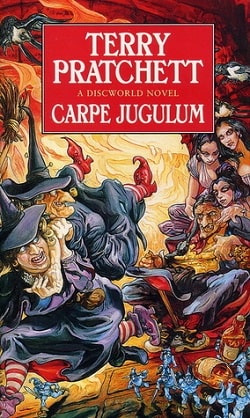



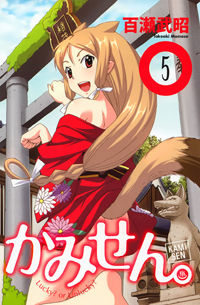
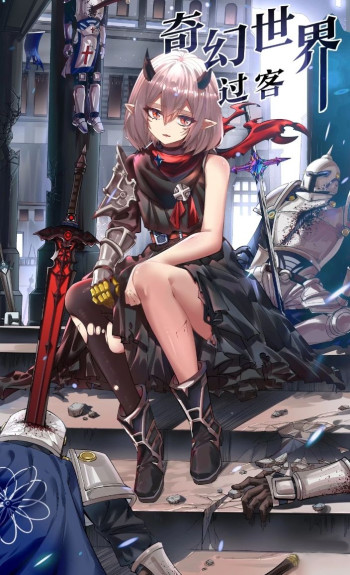
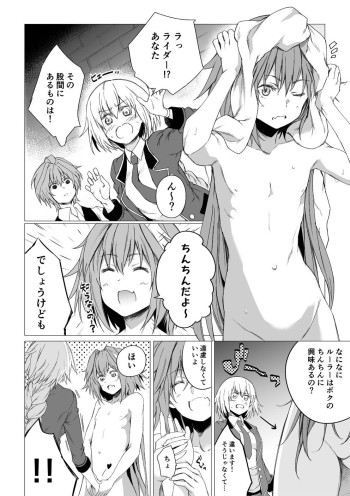
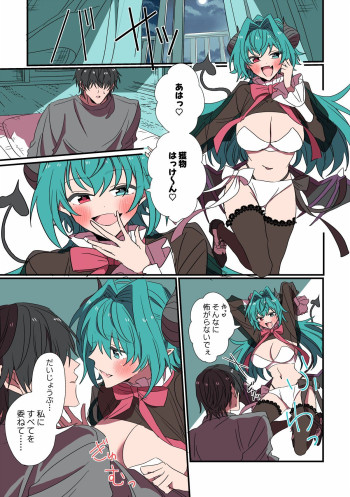
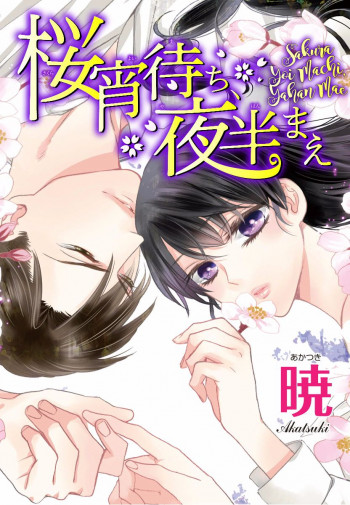
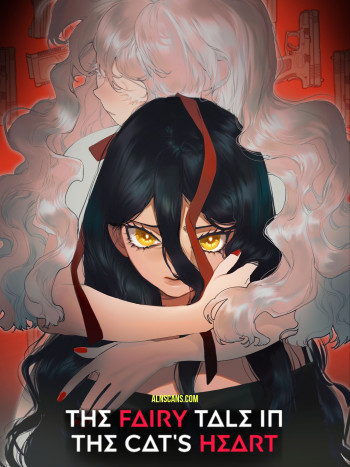
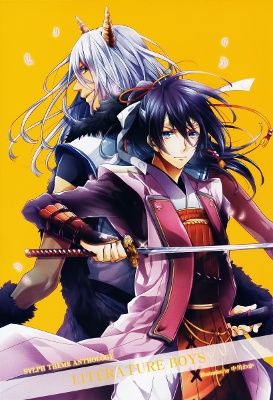
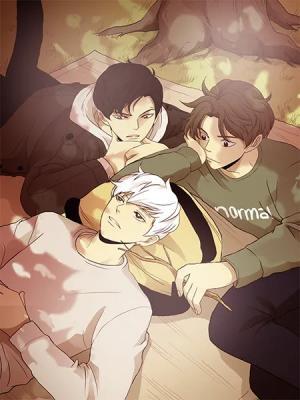
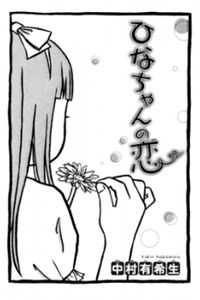











Reviews 0
Post a Reviews: